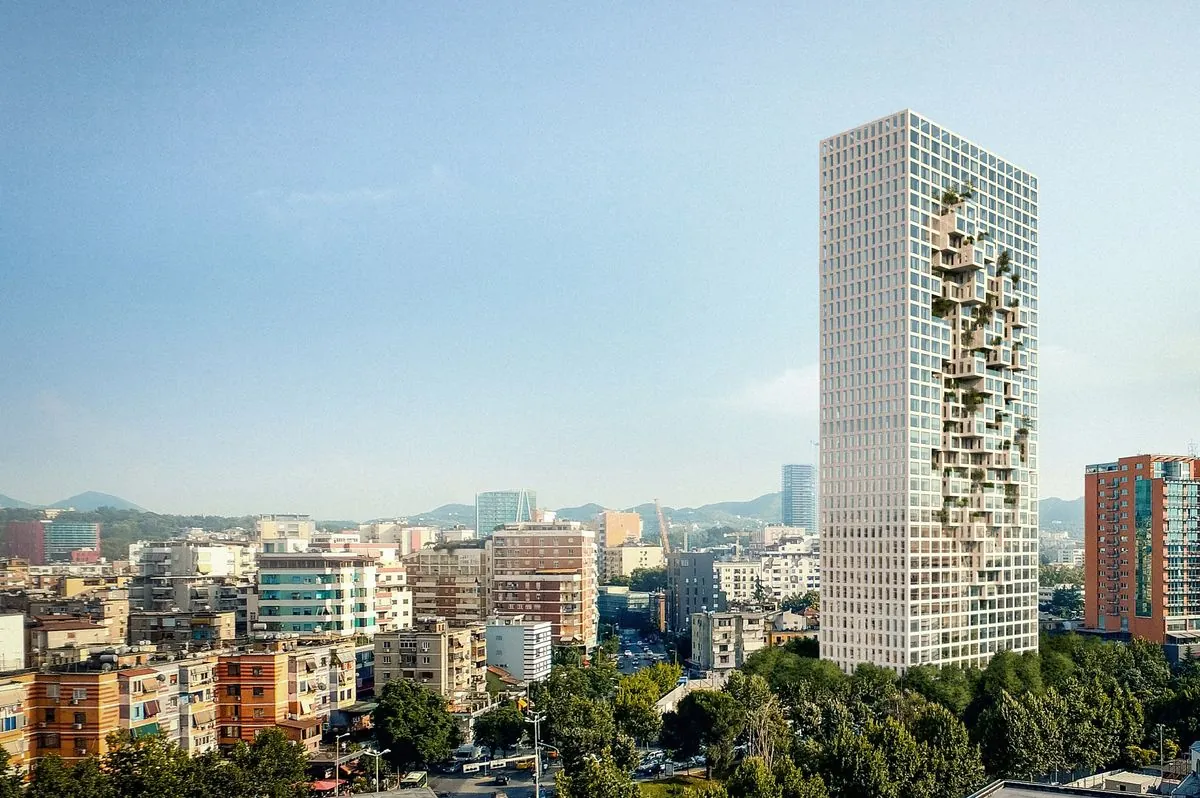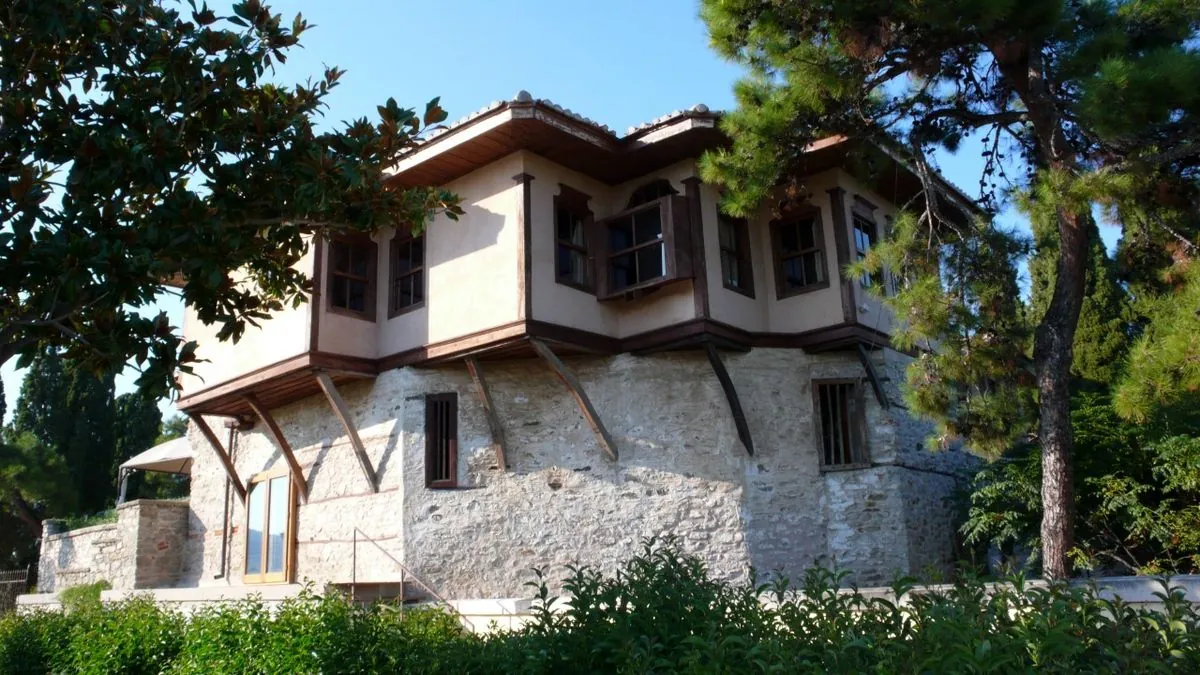Balkan Heatwaves Spark Air Conditioning Boom, Straining Power Grids
Unprecedented heatwaves in the Balkans are changing attitudes towards air conditioning, leading to a surge in installations. This shift is straining outdated power grids, prompting calls for infrastructure upgrades and renewable energy adoption.

In the Balkans, a region known for its diverse climate and rich cultural heritage, a significant shift is occurring as residents grapple with increasingly intense heatwaves. Traditionally skeptical of artificial cooling methods, many Balkan inhabitants are now embracing air conditioning (AC) units to combat soaring temperatures.
Raba Peci, a resident of Mitrovica in northern Kosovo, exemplifies this change. Once wary of AC's perceived health risks, she recently decided to install a unit in her home. "This summer is very hot and unbearable," Peci explained while preparing Turkish coffee, a staple of the region's rich coffee culture.

This shift in attitude is not isolated. Kosovo has witnessed a staggering 400% increase in AC imports over the past five years, according to customs data. Rinor Gashi, a manager at Interplast Group, reports an overwhelming demand for installations, with some households requesting up to four units.
However, this surge in AC usage is placing unprecedented strain on the region's fragile power infrastructure. On July 16, 2024, Kosovo's energy supplier Kesco issued a warning urging customers to limit power consumption due to daily imports of one million euros worth of electricity from neighboring countries.
The situation is equally challenging across the Balkans. In June 2024, a major power outage affected Montenegro, Bosnia, Albania, and most of Croatia's coast, likely triggered by increased energy consumption during a heatwave. Manos Manousakis, head of the Greek transmission operator IPTO, attributed the outage partly to the prolonged heatwave's stress on power grids.
Experts emphasize the need for long-term solutions. Mirza Kusljugic of the Regional Center for Sustainable Transition highlights the aging infrastructure: "This is a new situation, heavy network load in summer months. The transport network is old, the capacities are old."
To address these challenges, Balkan countries must strengthen their grids and increase domestic renewable energy production. Currently, many nations in the region rely heavily on coal for electricity generation, with Albania being an exception due to its hydropower resources.
The changing attitudes towards AC are evident even among older generations. In Belgrade, 86-year-old pensioner Markovic Koviljka recently requested an AC unit for her apartment on the 16th floor of a landmark skyscraper. "I cannot remember such high temperatures, and I remember a lot," she remarked, reflecting on July 2024 being the hottest month in 70 years.
As the Balkans continue to face the impacts of climate change, the region must balance the immediate need for cooling solutions with the long-term goal of sustainable energy practices. This transition will require significant investments in infrastructure and a shift towards renewable energy sources, aligning with broader European environmental standards.
"Air conditioning is a challenge for us because we always had high consumption during winter and now we have a similar situation during summer."
The air conditioning boom in the Balkans serves as a microcosm of the broader challenges faced by regions adapting to climate change. As temperatures rise and extreme weather events become more frequent, the need for sustainable cooling solutions and robust energy infrastructure becomes increasingly urgent.


































